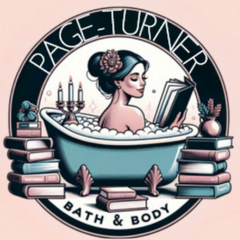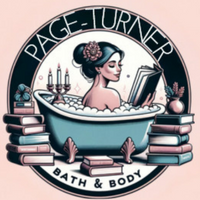Easy Classics to Read for Beginners
Venturing into the realm of classic literature can be a daunting experience, with its archaic language and complex themes. However, the world of classics is not just limited to challenging reads. There are numerous timeless masterpieces that are surprisingly accessible and enjoyable for beginners. This article aims to bridge the gap for those new to classics, guiding them towards literary treasures that are not only profound but also easy to digest.
Why Choose Easy Classics?
For many, the term 'classic literature' conjures images of thick, dense books filled with antiquated language. This perception can be intimidating, making classics appear unapproachable. However, starting with easier classics has several benefits. It builds confidence in readers new to this genre, allows them to appreciate the historical and cultural context of different eras, and most importantly, lets them enjoy stories that have stood the test of time.
Top Easy Classics to Begin With
"The Catcher in the Rye" by J.D. Salinger:
This novel is an excellent starting point for classic literature due to its first-person narrative and conversational style, which closely mirrors modern speech. Holden Caulfield's voice is direct and authentic, which can help bridge the gap for readers who are not yet accustomed to more stylized literary language. The themes of teenage angst and alienation are universal and continue to resonate with readers of all ages.
"Charlotte’s Web" by E.B. White:
While often categorized as a children's book, the simplicity of "Charlotte’s Web" harbors profound lessons on friendship, loss, and the cycle of life that speak to adults as well. The narrative's clarity and the charming illustrations make it a joy to read, serving as an inviting introduction to classic literature.
"A Christmas Carol" by Charles Dickens:
Dickens' story is a staple of the holiday season and has been adapted into various formats, making the plot widely recognized. The language, while evocative of the Victorian era, is not overly complex, and the book's structure into "staves" or chapters, reflecting the musicality of Christmas carols, makes it a delightfully segmented read for beginners.
"The Great Gatsby" by F. Scott Fitzgerald:
Fitzgerald's novel is relatively short, but it packs a punch with its vivid depiction of the Roaring Twenties and the American Dream. The narrative's focus on universal themes like love, ambition, and identity, coupled with Fitzgerald's poetic yet clear prose, makes it a classic that's both enchanting and thought-provoking.
"Little Women" by Louisa May Alcott:
Alcott's novel about the March sisters offers a heartwarming and detailed look at family life during the Civil War era. Its straightforward narrative and relatable characters provide an easy entry point for readers, with the added benefit of highlighting the historical context of women's roles and societal expectations.
"The Adventures of Sherlock Holmes" by Sir Arthur Conan Doyle:
Doyle's series of short stories are not only thrilling but also a perfect introduction to classic detective literature. Each story is self-contained, making them less daunting for beginners. The logical reasoning of Holmes and the Victorian London setting are both intellectually stimulating and entertaining.
"Pride and Prejudice" by Jane Austen:
Austen's novel combines romance with astute social commentary, all wrapped up in a witty and engaging narrative. The dialogue-driven plot and dynamic characters make the novel accessible, and Austen's humor provides a lively and enjoyable reading experience.
"To Kill a Mockingbird" by Harper Lee:
Lee's narrative is clear and compelling, with a strong moral core that tackles issues of race, injustice, and empathy. The story is as relevant today as it was at the time of its publication, and the perspective of young Scout Finch adds a layer of innocence and curiosity that eases readers into the heavier themes.
Reading Classics in the Modern Age
Approaching classic literature today can be different from how it was in the past. Audiobooks and annotated editions can greatly enhance understanding and enjoyment. Modern translations and adaptations also make classics more accessible.
FAQs
At what age should one start reading classics?
There is no set age. Classics can be enjoyed at any stage of life, depending on the individual's reading level and interests.
How can I understand the old language used in classics?
Modern translations, footnotes, and online resources can help in understanding archaic language. Reading slowly and discussing with others can also be beneficial.
Conclusion
Embarking on a journey through classic literature doesn’t have to be overwhelming. Starting with these easier classics can open doors to a rich world of storytelling that has enchanted readers for generations. So, pick up one of these timeless treasures and discover the joy of classic literature today.


Leave a comment